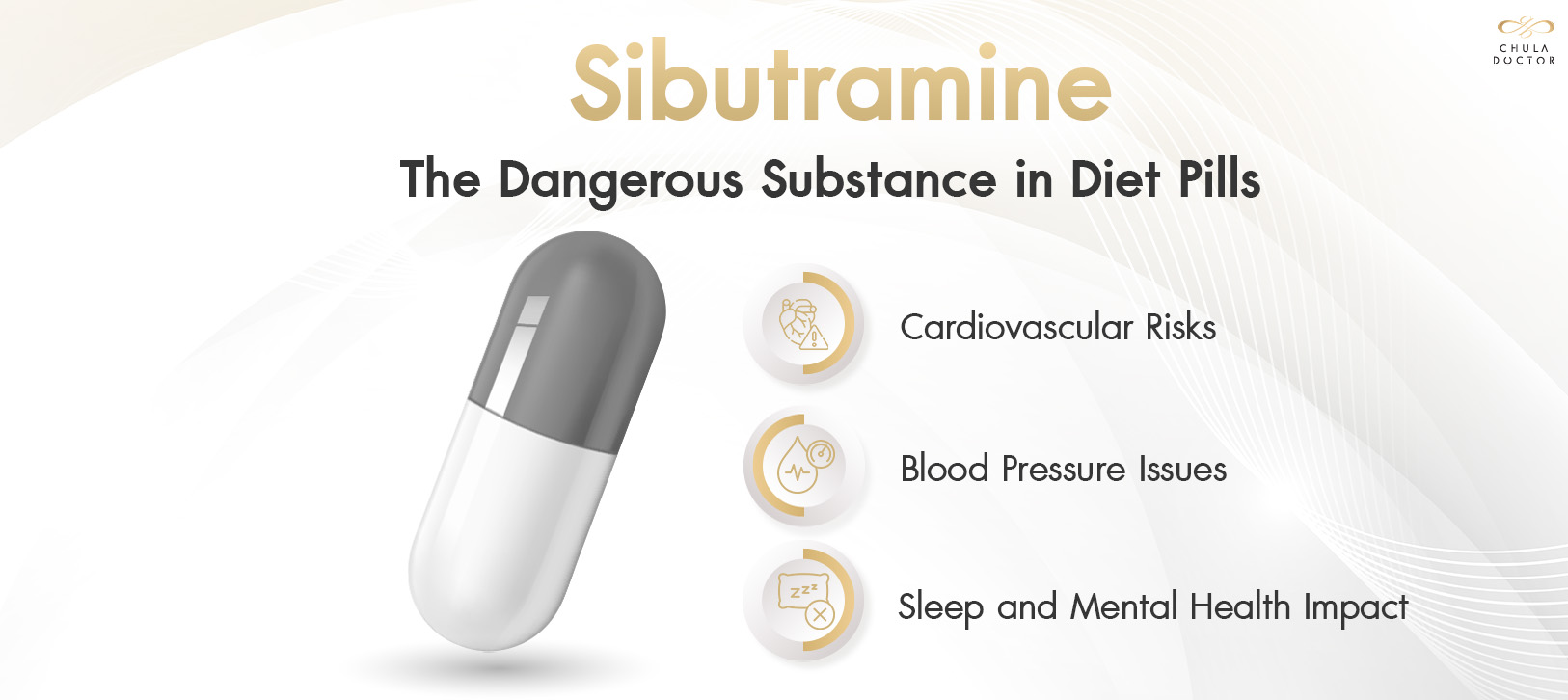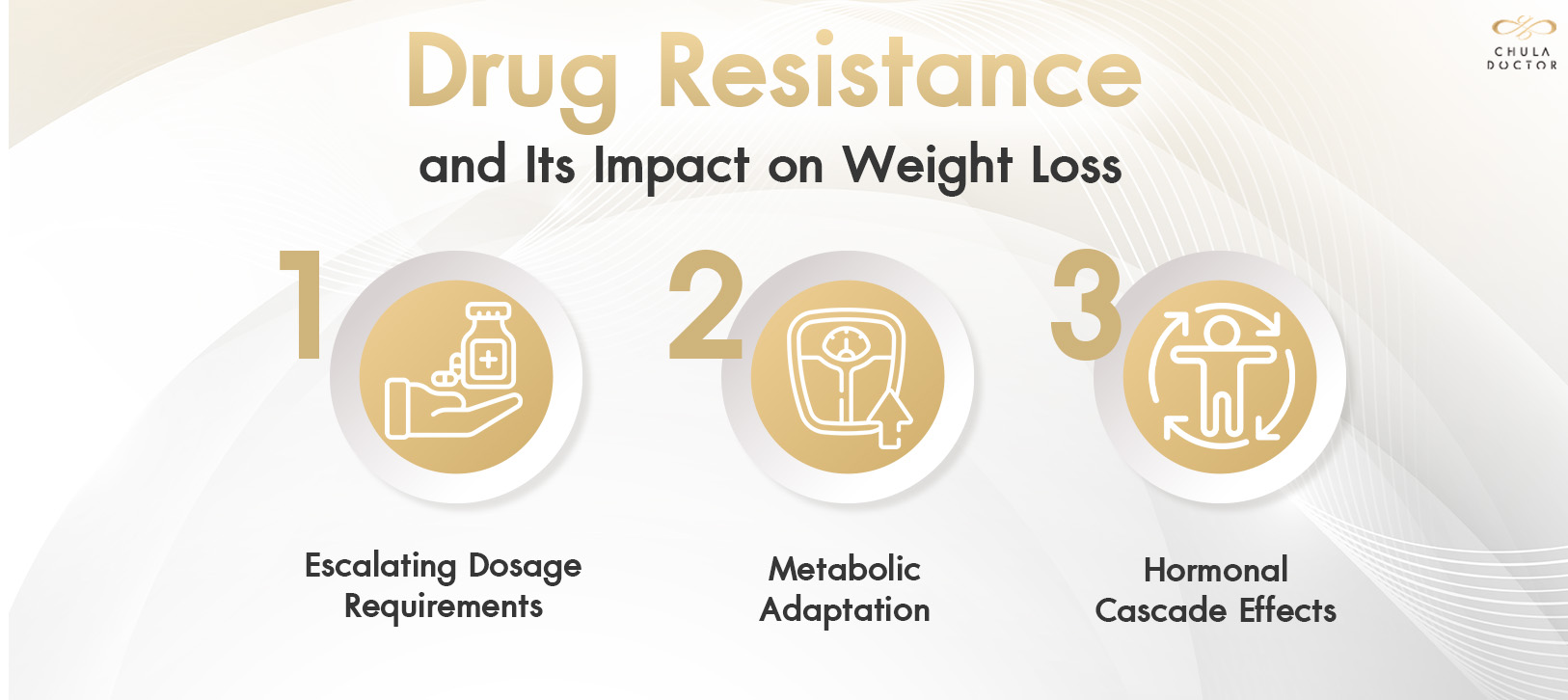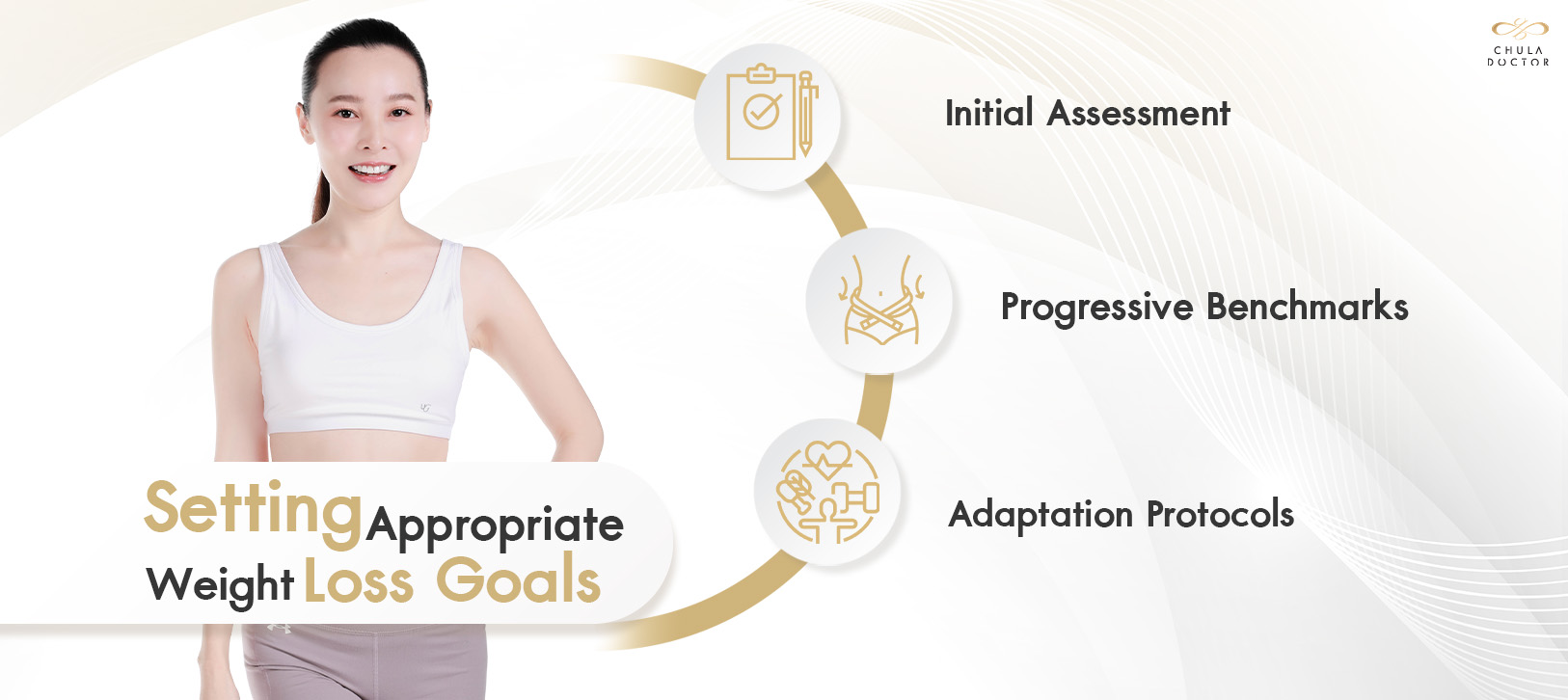In today’s society, where social media and celebrity culture heavily influence beauty standards, weight loss has become more than just a health concern—it’s become a social imperative. Particularly among teenagers and working adults, the pressure to achieve the “perfect body” has led many to seek quick solutions. While diet pills might seem like an attractive shortcut to achieving these aesthetic goals, the reality behind these medications holds serious risks that many users overlook. This comprehensive guide will explore the hidden dangers of diet pills, their long-term effects, and provide safer alternatives for sustainable weight management.
Sibutramine: The Dangerous Substance in Diet Pills

Sibutramine, once marketed under various brand names, represents one of the most controversial substances in the diet pills industry. Despite being banned by the FDA and other regulatory bodies worldwide due to serious health concerns, this substance continues to find its way into dietary supplements and diet pills through illegal channels. Understanding how this substance works helps explain its dangers: it manipulates brain chemistry by blocking the reuptake of neurotransmitters like serotonin and norepinephrine, creating a false sense of fullness while boosting metabolism.
Dangerous Diet Pills Side Effects Include:
The side effects of diet pills extend far beyond minor discomfort or temporary health issues. What many users don’t realize is that these medications can trigger a complex chain of physiological reactions affecting multiple organ systems. While the promise of quick weight loss might be tempting, the potential health consequences can be severe and, in some cases, life-threatening. Recent medical studies have documented an alarming range of complications, from cardiovascular emergencies to long-term metabolic disruptions.
- Cardiovascular Risks:
- Increased heart attack risk by up to 28%
- Stroke risk elevated by 36%
- Persistent arrhythmia requiring medical intervention
- Blood Pressure Issues:
- Average systolic pressure increase of 10-15 points
- Resistant hypertension development
- Increased risk of hemorrhagic stroke
- Sleep and Mental Health Impact:
- Chronic insomnia affecting 68% of users
- Anxiety and panic attacks
- Depression symptoms in long-term users
Drug Resistance and Its Impact on Weight Loss

The phenomenon of drug resistance in diet pills creates a particularly dangerous cycle. Research shows that approximately 75% of long-term users develop some form of resistance within 6-12 months of regular use. This resistance manifests in various ways that significantly impact weight loss efforts and overall health.
Detailed Effects of Drug Resistance:
1. Escalating Dosage Requirements
Users typically start experiencing reduced effectiveness within 3-4 months, leading to:
- Initial dose becoming ineffective
- Gradual increase in dosage (often 2-3 times the starting amount)
- Increased risk of overdose and complications
- Development of psychological dependency
2. Metabolic Adaptation
The body’s response to long-term diet pills use includes:
- 20-30% reduction in baseline metabolic rate
- Altered glucose metabolism
- Increased fat storage mechanisms
- Disrupted thermoregulation
3. Hormonal Cascade Effects
Extended use triggers significant hormonal changes:
- 45% decrease in leptin sensitivity
- 65% increase in ghrelin production
- Cortisol level elevation by 25-35%
- Thyroid function disruption
Safe and Sustainable Weight Loss Program

Creating a healthy alternative to diet pills requires a comprehensive approach that addresses multiple aspects of health and lifestyle. This program incorporates evidence-based strategies for long-term success.
1. Scientific Approach to Nutrition
The foundation of successful weight loss lies in understanding the science of nutrition. While diet pills offer a temporary solution, proper nutritional science provides sustainable results through evidence-based approaches. Modern research has shown that personalized nutrition plans, based on individual metabolic profiles and lifestyle factors, yield significantly better outcomes than one-size-fits-all approaches.
- Calculate individual caloric needs based on:
- Basal metabolic rate
- Activity level
- Age and gender factors
- Design balanced meal plans focusing on:
- Protein (1.6-2.2g per kg of body weight)
- Complex carbohydrates (40-50% of total calories)
- Healthy fats (25-35% of total calories)
2. Structured Exercise Protocol
Exercise is not just about burning calories; it’s about creating a comprehensive system that transforms your body’s ability to maintain healthy weight. While diet pills might temporarily boost metabolism, structured physical activity creates lasting metabolic changes. The key lies in progressive programming that evolves with your increasing fitness level, preventing plateaus and maintaining steady progress.
Implement a progressive exercise program:
- Week 1-4: Foundation building
- 30 minutes daily walking
- Basic strength exercises
- Week 5-8: Intensity increase
- Introduction of interval training
- Progressive resistance training
- Week 9-12: Advanced programming
- High-intensity interval training
- Complex strength movements
3. Lifestyle Optimization
Sustainable weight loss requires more than just diet and exercise—it demands a holistic approach to daily living. Many turn to diet pills because they haven’t addressed fundamental lifestyle factors that contribute to weight gain. By optimizing sleep patterns, stress management, and daily routines, we can create an environment where maintaining a healthy weight becomes natural rather than forced.
Focus on sustainable lifestyle changes:
- Sleep hygiene protocol
- Consistent sleep schedule
- Pre-sleep routine development
- Sleep environment optimization
- Stress management techniques
- Mindfulness practices
- Breathing exercises
- Time management strategies
Setting Appropriate Weight Loss Goals

The journey to sustainable weight loss begins with understanding how to set realistic and achievable goals. Many people turn to diet pills after experiencing frustration with unrealistic expectations or arbitrary weight loss targets. Unlike the quick-fix promises of diet pills, proper goal-setting takes into account your individual body composition, lifestyle factors, and long-term health objectives. Research shows that those who set structured, measurable goals are not only more likely to achieve their desired weight but also maintain it long-term.
1. Initial Assessment
- Body composition analysis
- Metabolic rate testing
- Fitness level evaluation
2. Progressive Benchmarks
- Weekly measurements
- Monthly progress photos
- Quarterly health screenings
3. Adaptation Protocols
- Regular goal adjustment
- Program modification based on results
- Long-term sustainability planning
Conclusion and Professional Support
Sustainable weight loss doesn’t come from diet pills or quick fixes but from comprehensive lifestyle changes including diet, exercise, and rest. While safer weight loss methods might take longer, they provide sustainable results and better long-term health benefits.
If you’re currently using diet pills, consult a physician to plan safe discontinuation and start proper weight loss methods. Good health is the foundation of sustainable happiness.
At Chuladoctor Clinic, our Sliming Lisa program offers innovative weight loss solutions developed by our expert medical team. This program focuses on balancing cellular metabolism for sustainable and effective weight loss without relying on diet pills. Under close supervision by specialists, you’ll receive personalized treatment plans to achieve your weight loss goals safely with satisfying long-term results.






